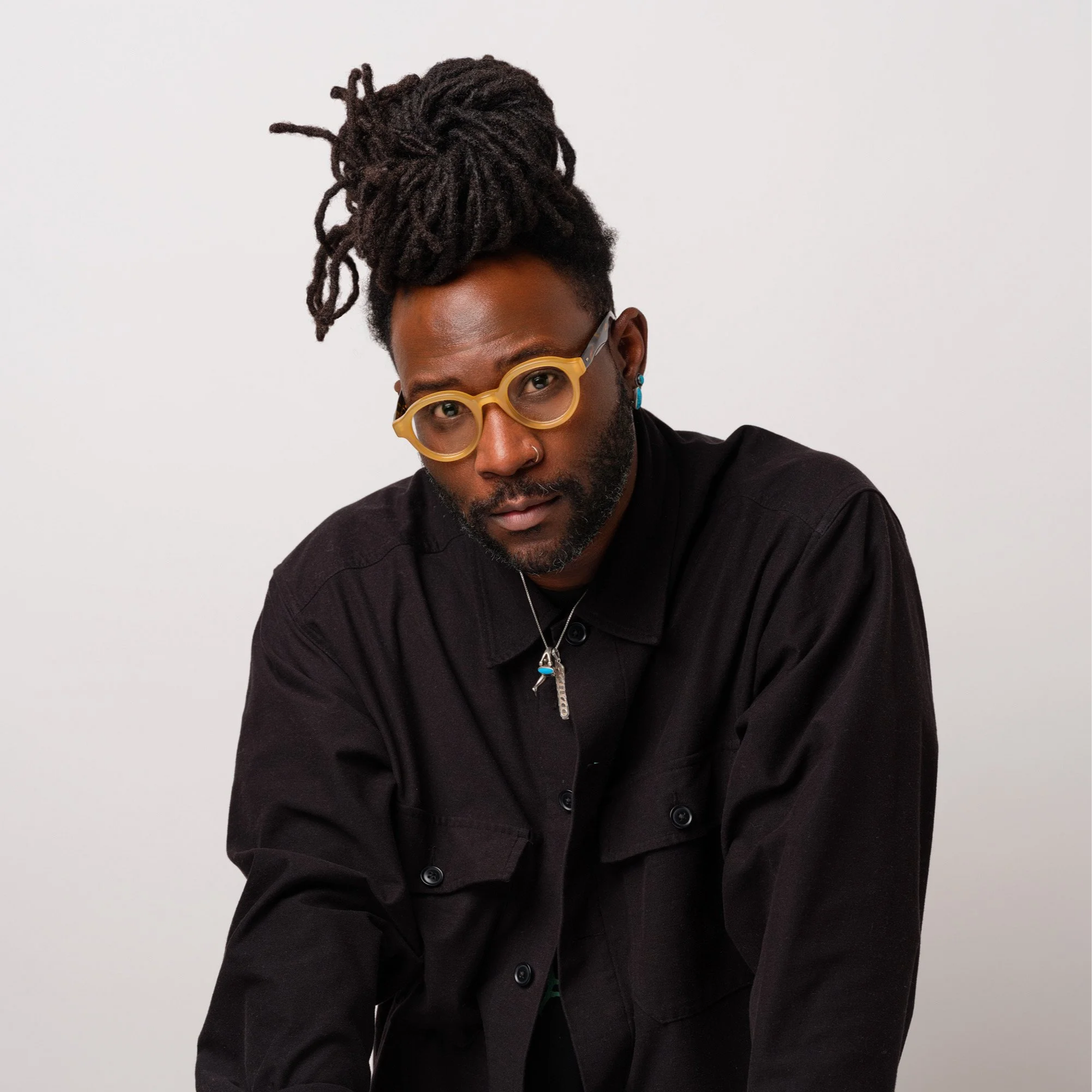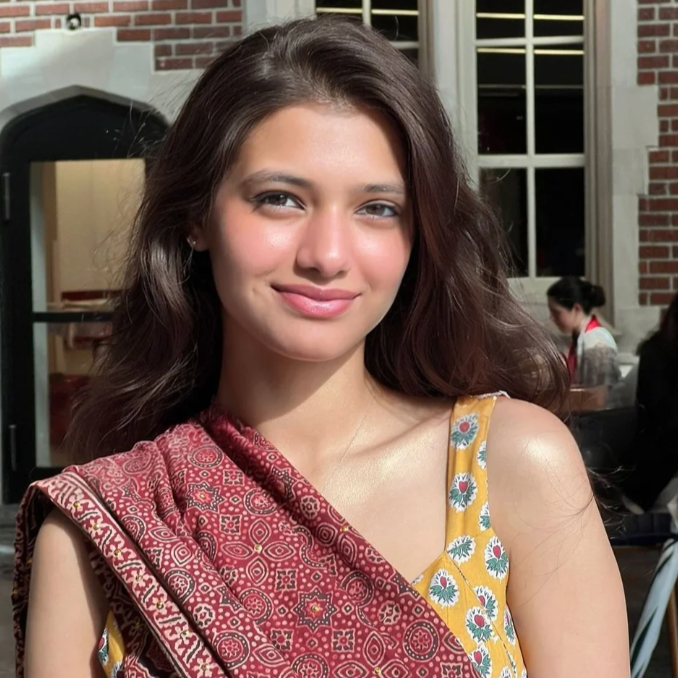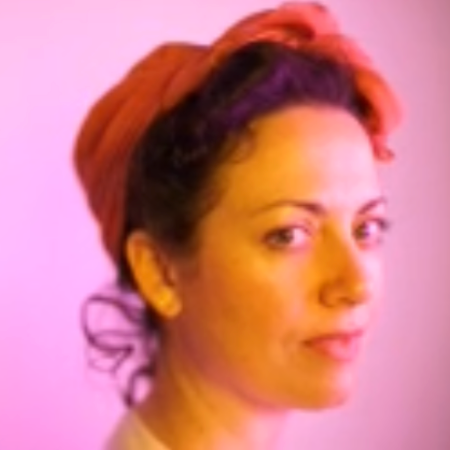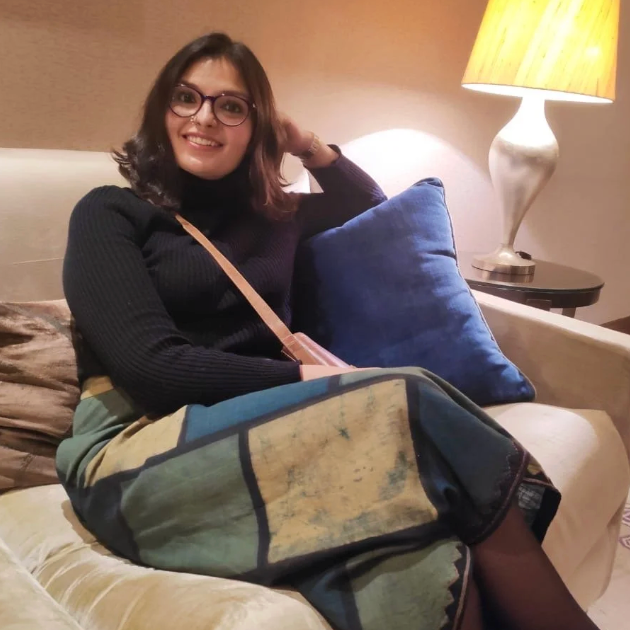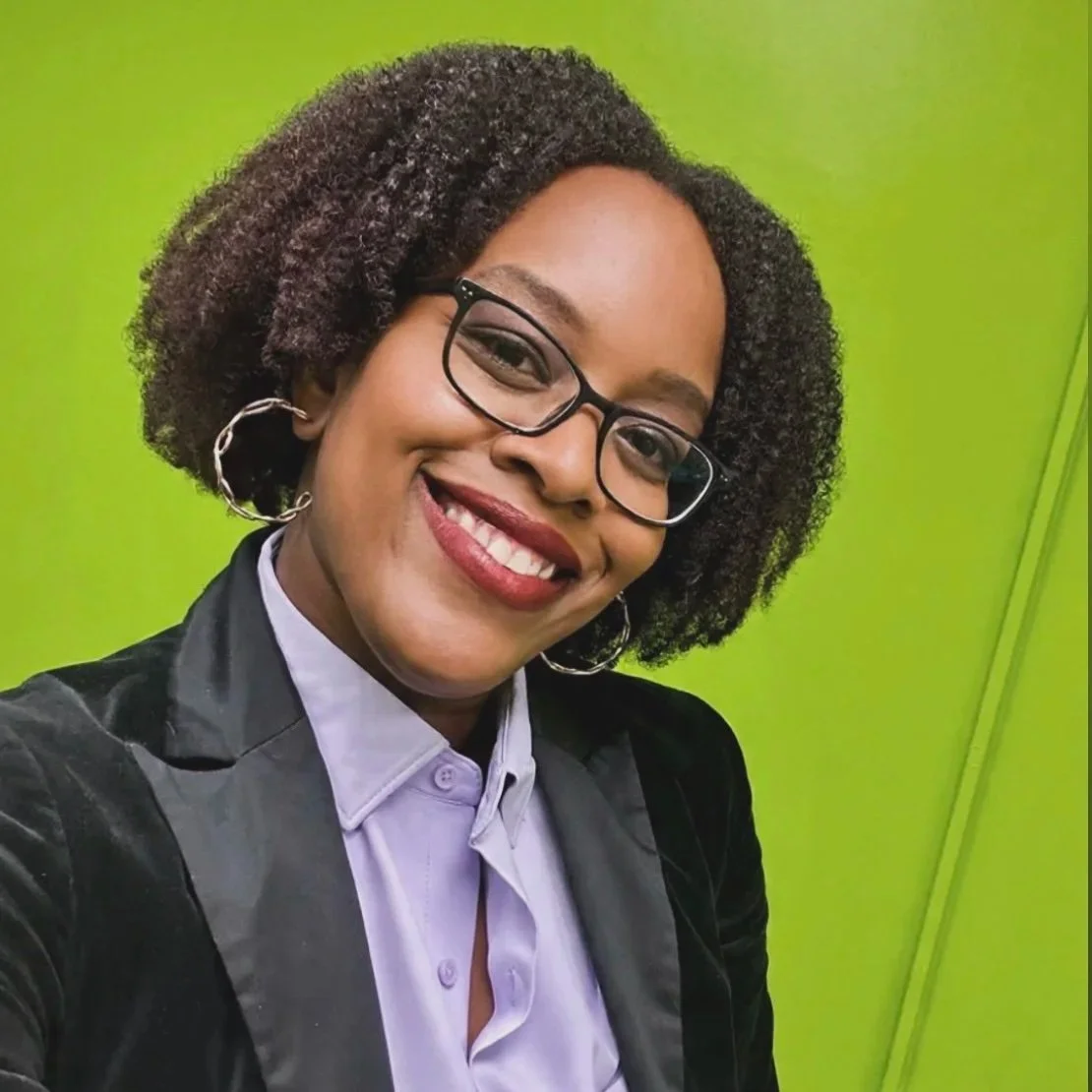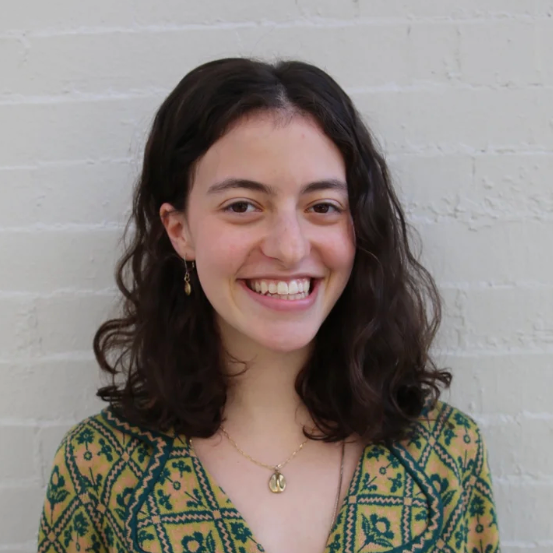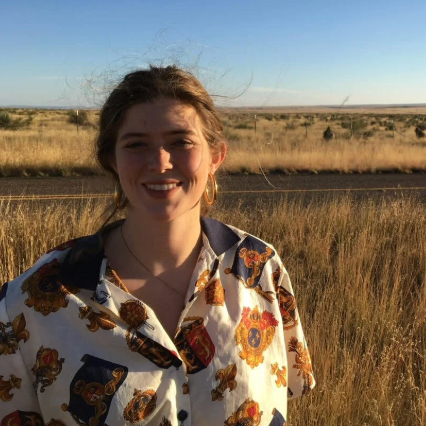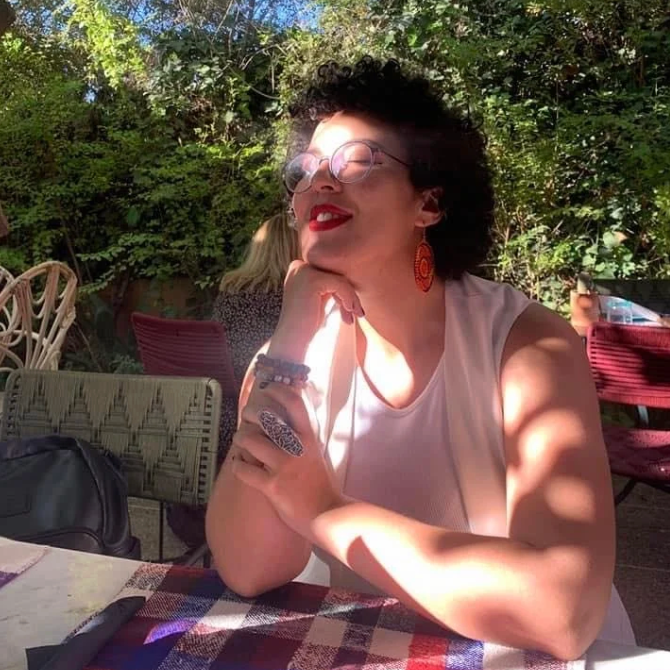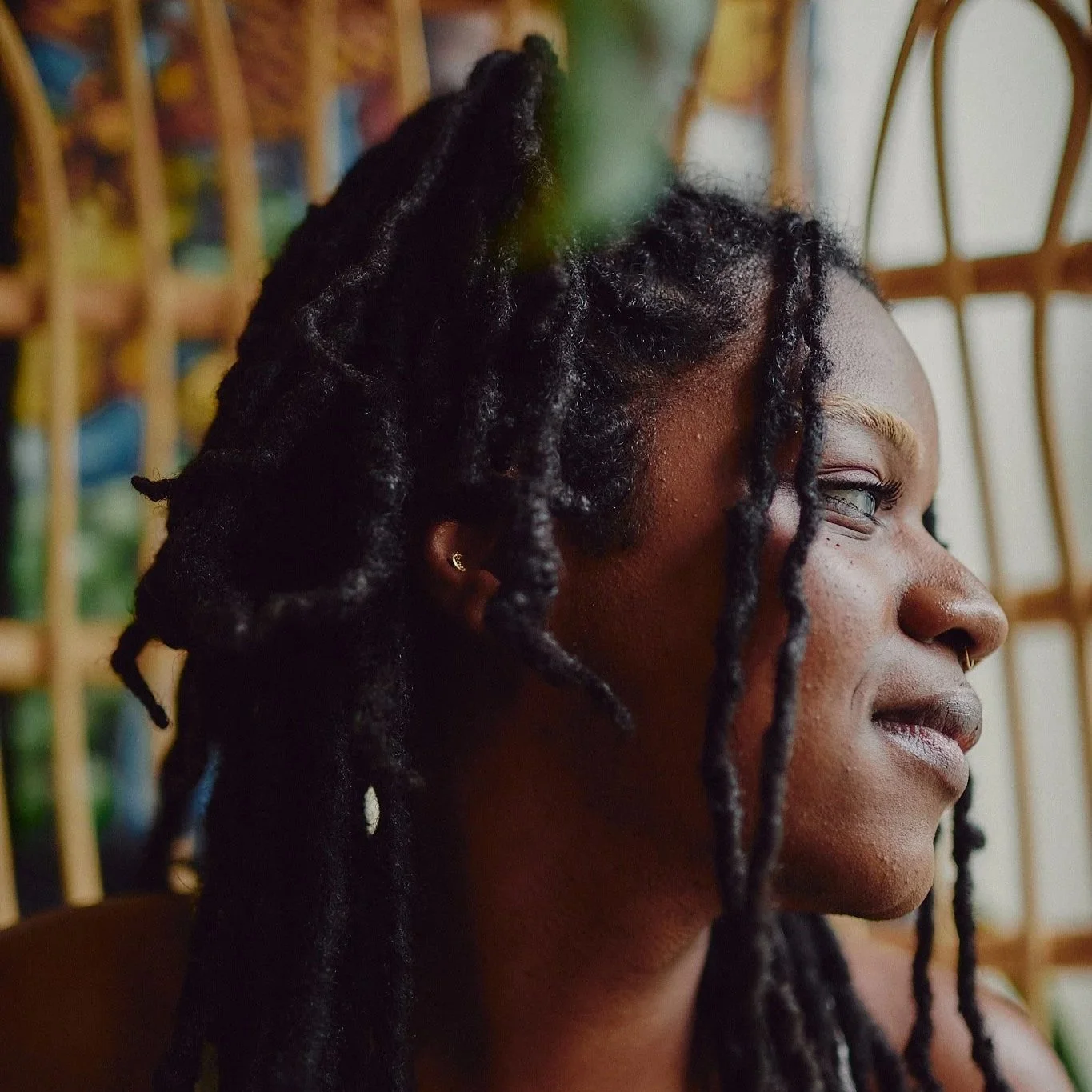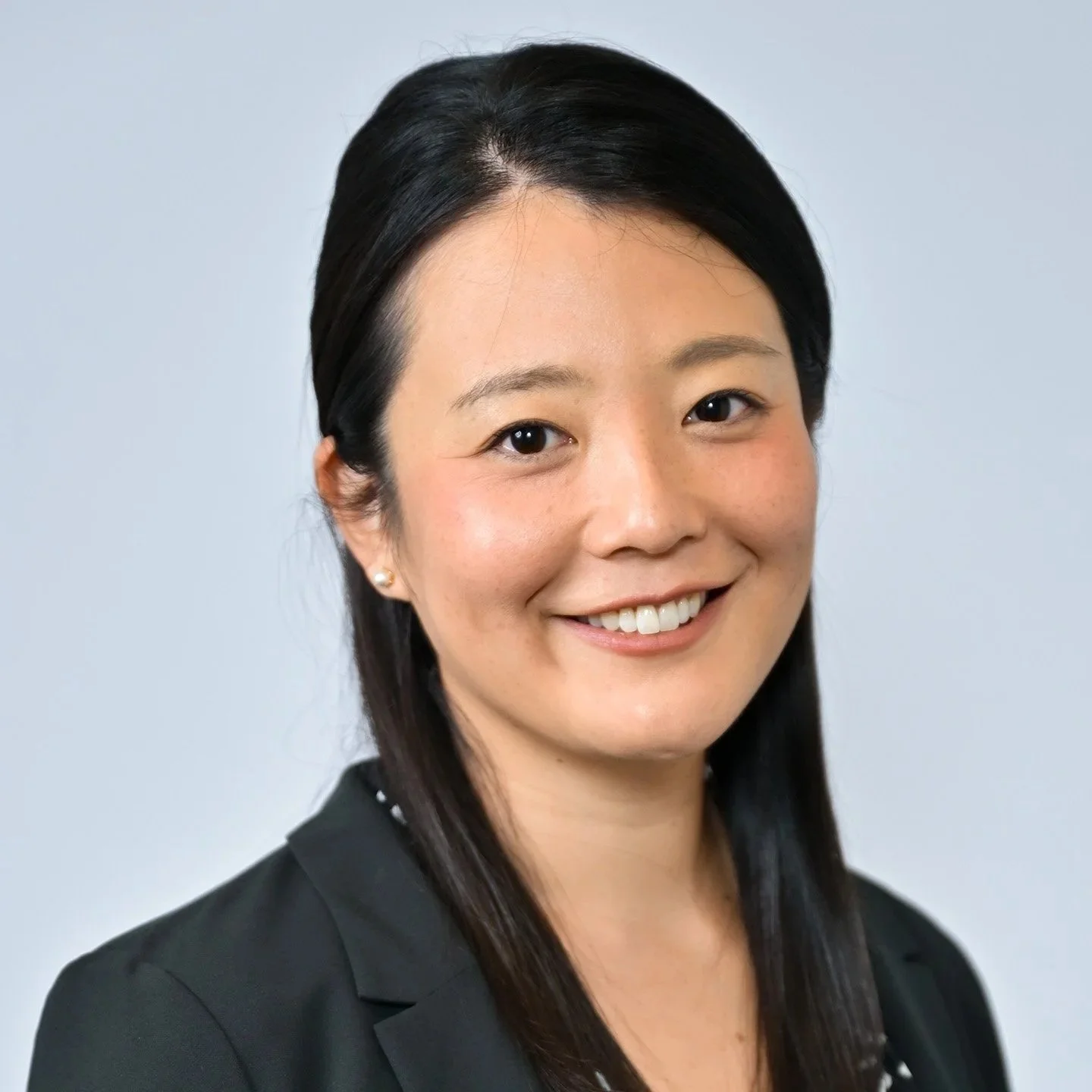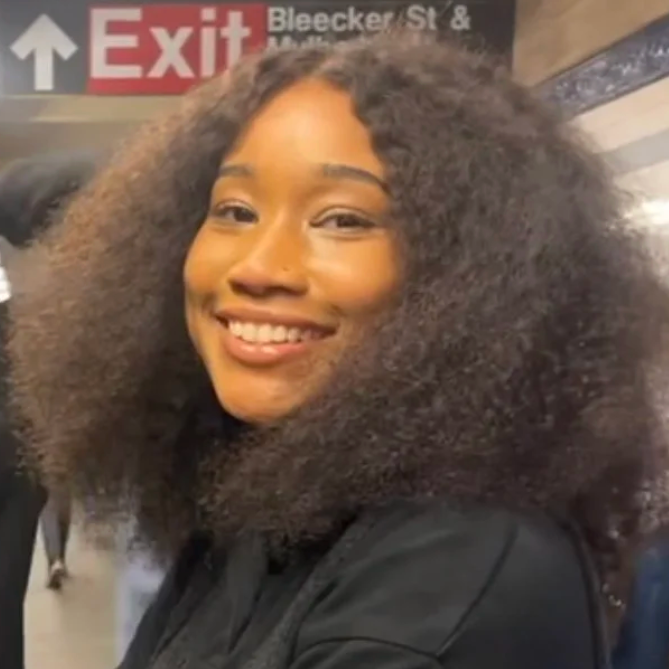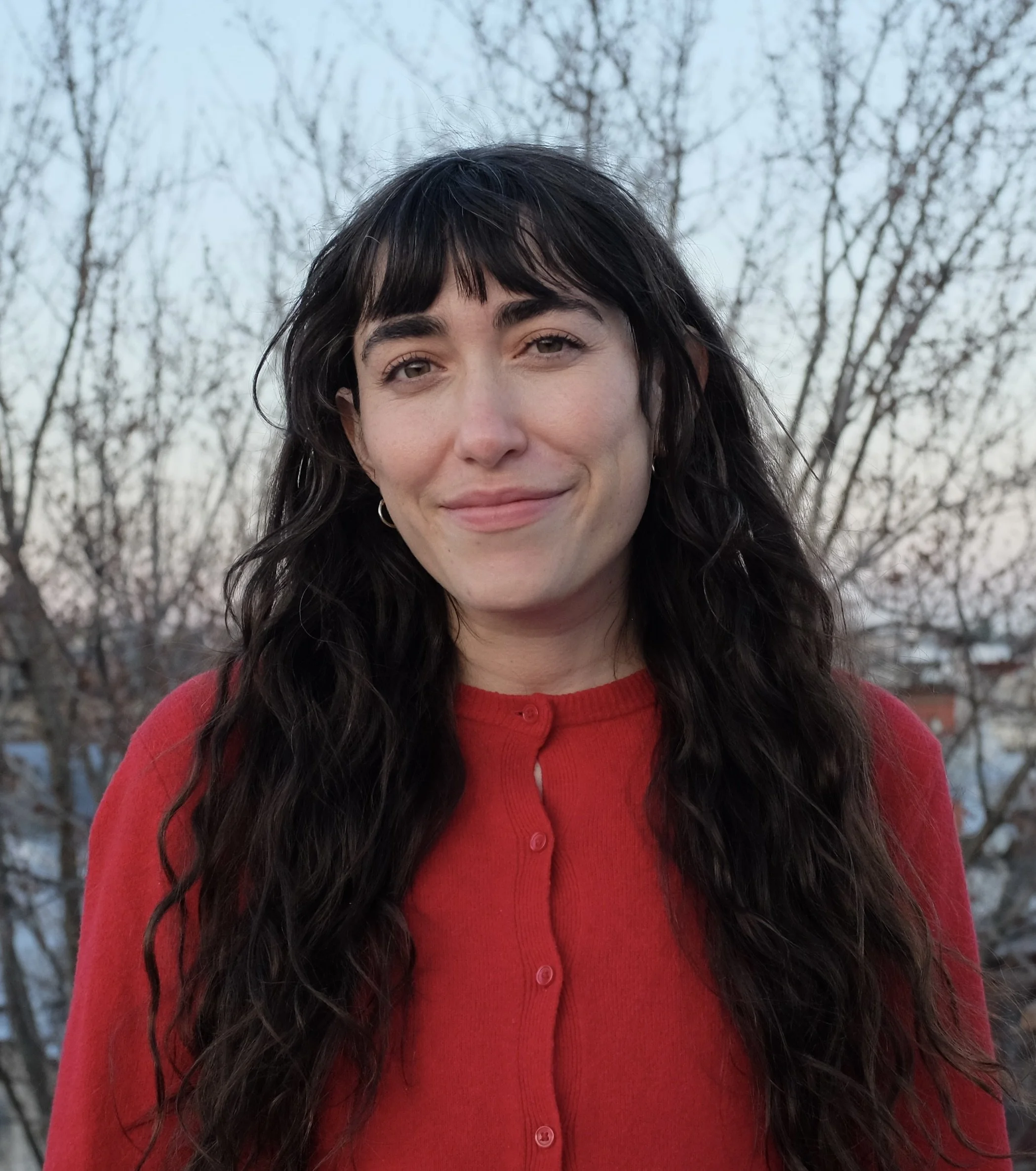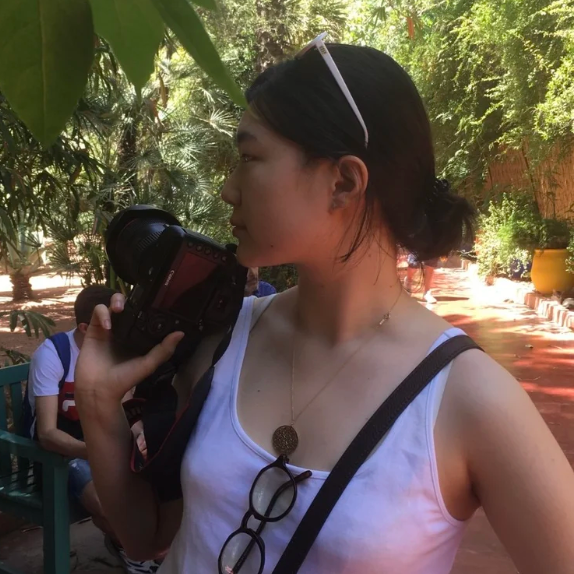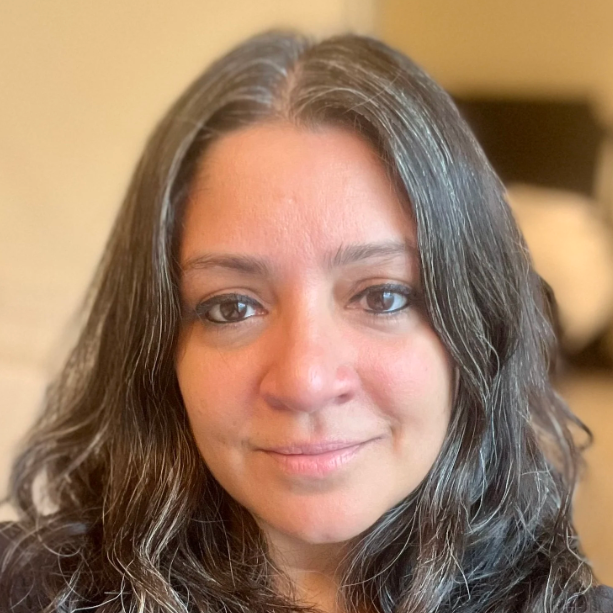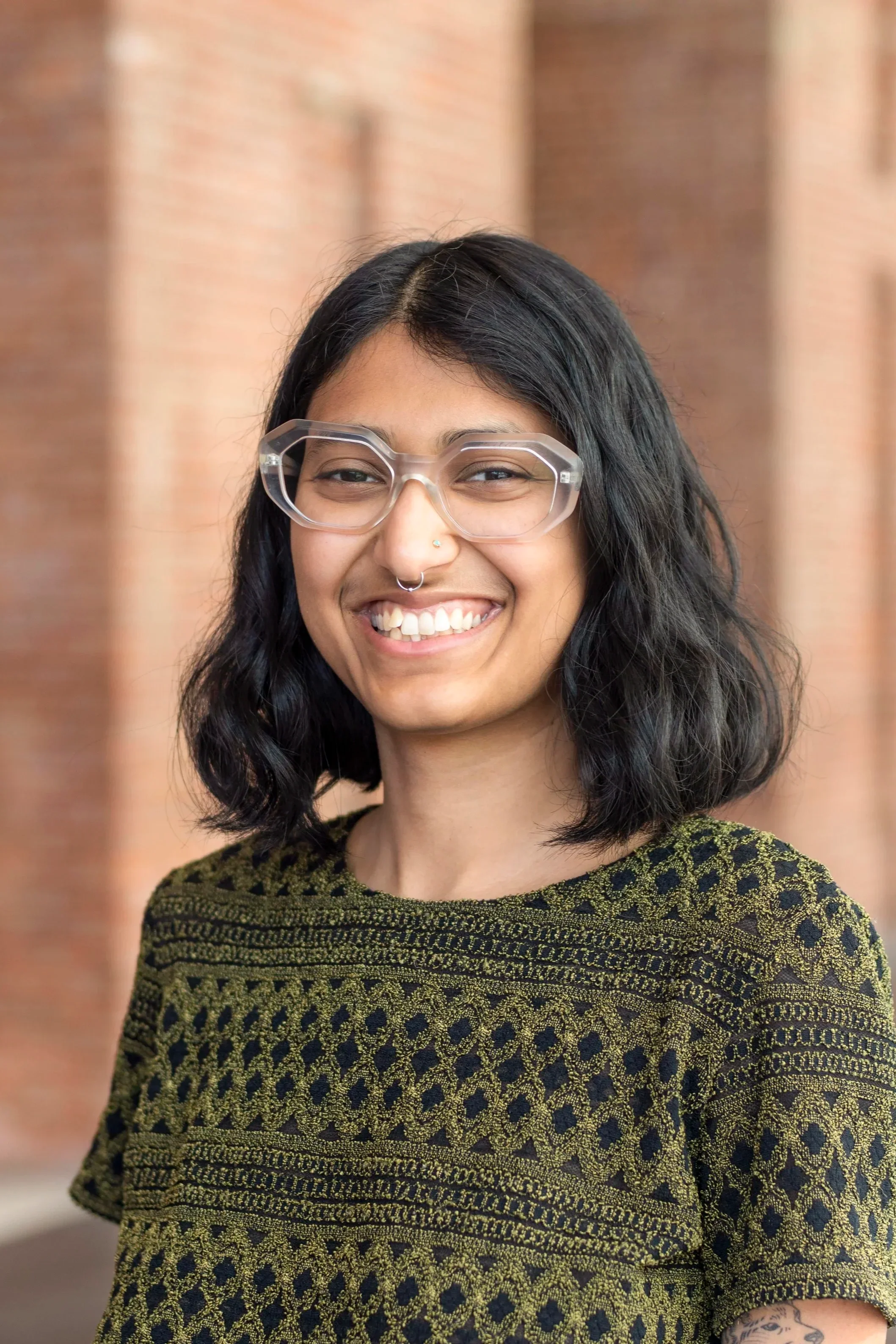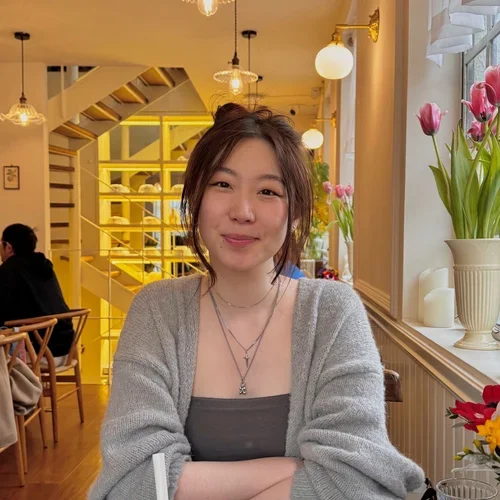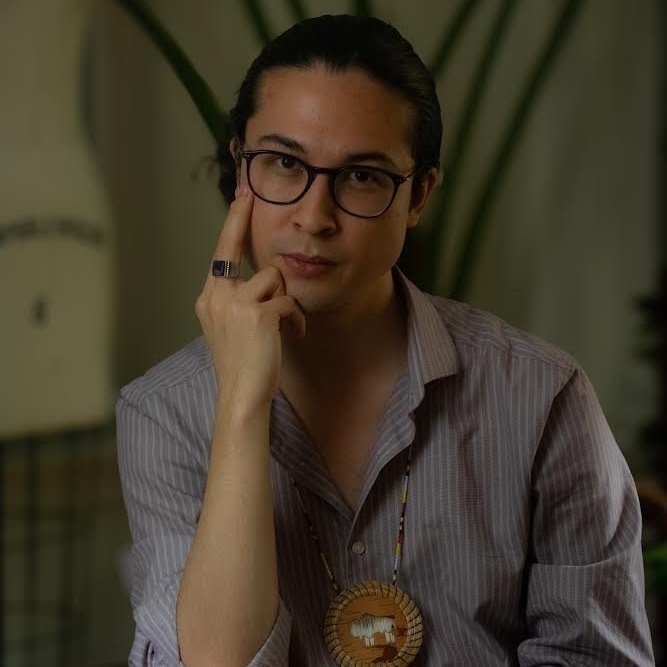Jeary Payne (He/him) is a multi disciplinarian artist, telling stories and creating art across mediums. Based in Brooklyn, NY by way of Phoenix Arizona. He currently serves as an associate educator at The Metropolitan Museum of Art where he oversees the museum's Teen Programs. As an artist and educator he believes that nothing done without passion is ever done for long. He has been dedicated to exploring innovative ways to support and enhance the learning experience through the arts and education for young people . He received a bachelors of Interdisciplinary Studies, focusing on music and business from Arizona State University (Class of 2010).
As a photographer, he is interested in documenting scenes that capture the nuance, micro moments of Black life and experiences of real people. Through the program, he's interested in exploring Black collective memory, the intricate dynamics of being a transplant in a gentrifying Brooklyn as it relates to building community as well archiving and mapping his own history by discovering who his late mother was through the stories and recollections of those who knew her well.

